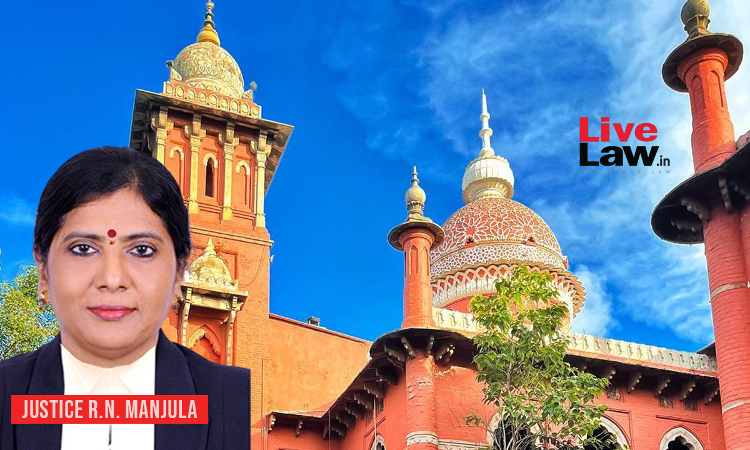Harassment Of Women Would Still Be An Offence Even If Not Committed In Public Place: Madras High Court
Upasana Sajeev
21 Nov 2022 1:49 PM IST

Next Story
21 Nov 2022 1:49 PM IST
While dismissing a petition to quash the final report with respect to a sexual harassment case on the ground that the harassment did not occur in the public place, the Madras High Court held that harassment of a woman would still be an offence punishable under Section 354 IPC.Even for the sake of argument, if it is understood that in order to punish the accused for the offence under Section 4...
